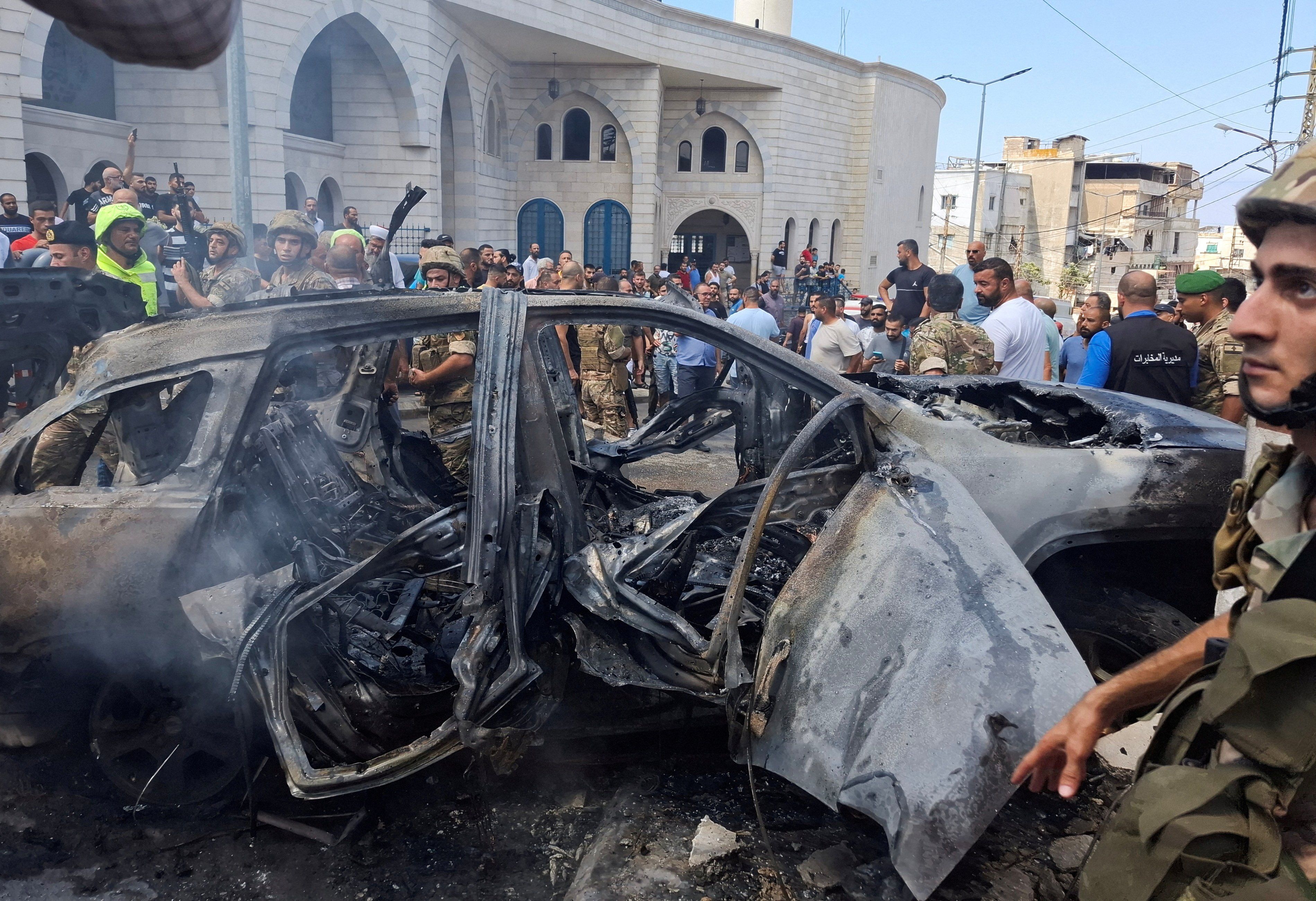Israel confirmed Wednesday that it
killedKhalil al-Maqdah, a commander in the armed wing of the Palestinian Fatah movement, in Lebanon. The Israeli military described him as having worked for the Iranian Revolutionary Guards, and the attack comes a
week after Israel killed a senior commander of Hezbollah.
Maqdah was killed by a drone strike as Lebanon and Israel continue to trade cross-border strikes, fueling fears of a wider escalation. In response, Lebanon hit an Israeli military base in the Israeli-controlled Golan Heights, as it weighs the desire for vengeance against the risks of a backlash at home. Lebanon supports Iran and the Palestinian cause, but yearslong political and economic crises have left little appetite for an all-out war with Israel.
On Israel's side, these two assassinations in Lebanon and the one of a Hamas leader in Lebanon – which Iran has still not retaliated for – signals its increasing willingness to carry out targeted strikes against their adversaries in the region.
Meanwhile, in Gaza City, an
Israeli airstrike hit a school turned shelter, killing at least two people, and ordered Palestinians to “immediately” leave parts of Deir al Balah, in central Gaza, saying that it would act “forcefully” against militants in the area. The Biden administration continues to push for a cease-fire and is offering a new deal it says could bridge the gaps between Israel and Hamas, but so far both sides
seem cool towards the proposal.
